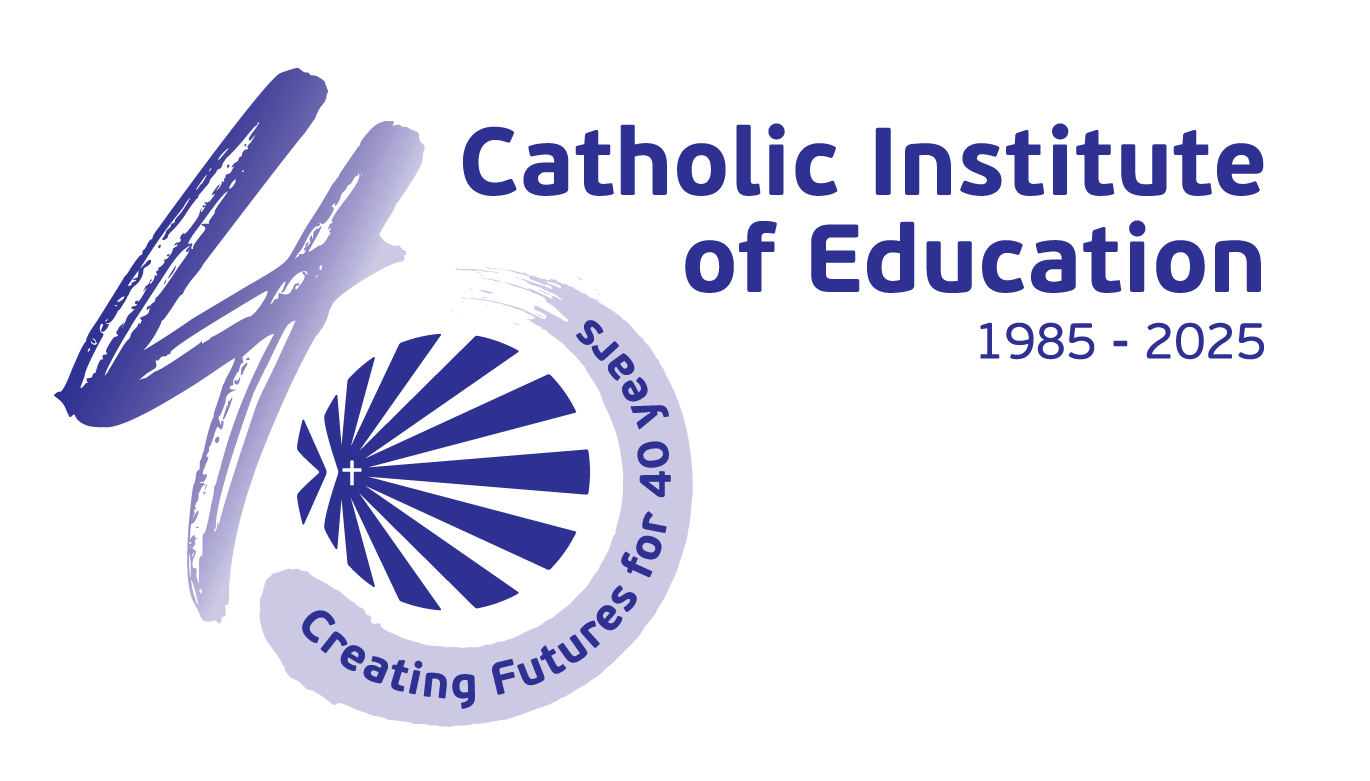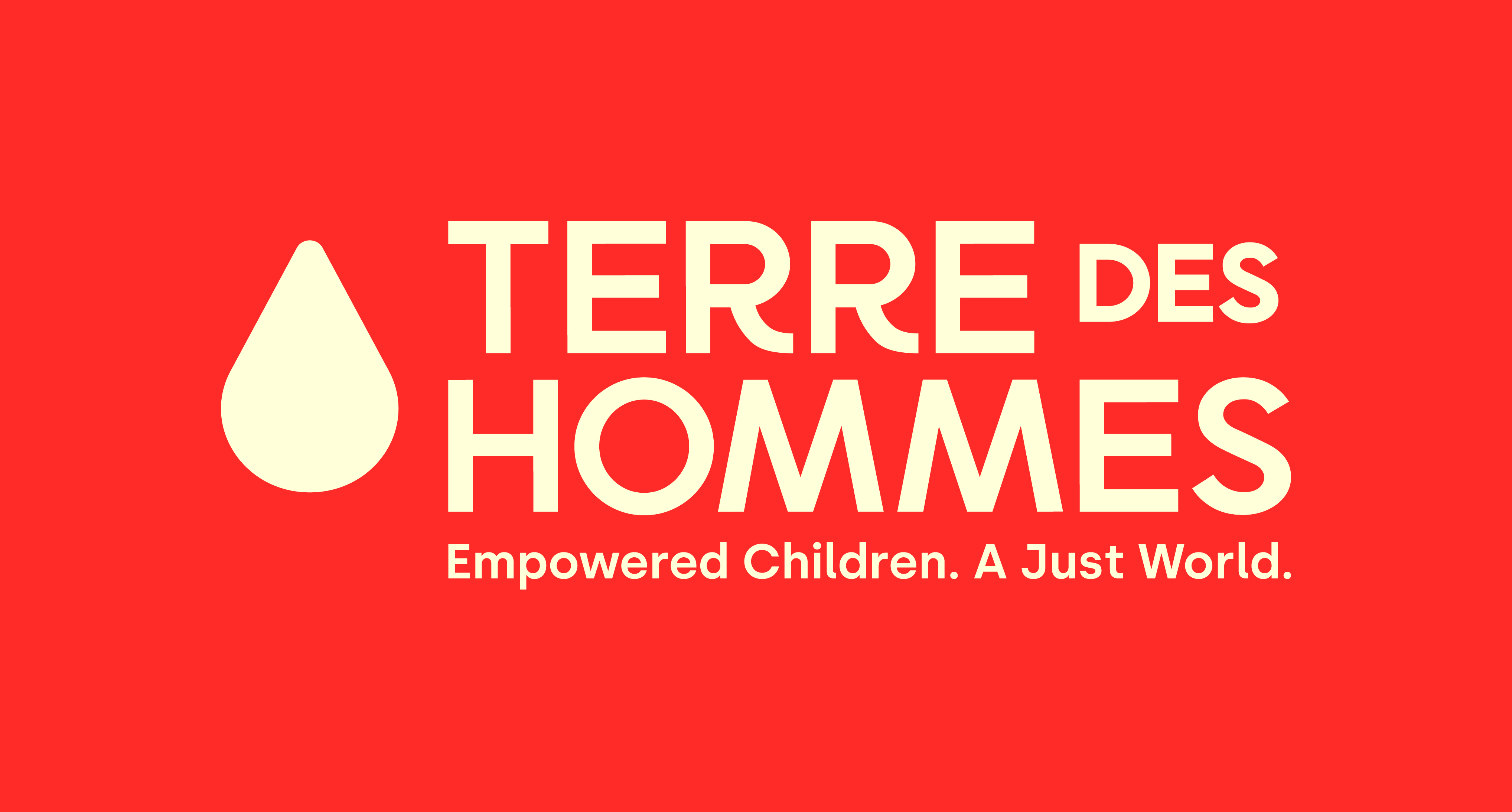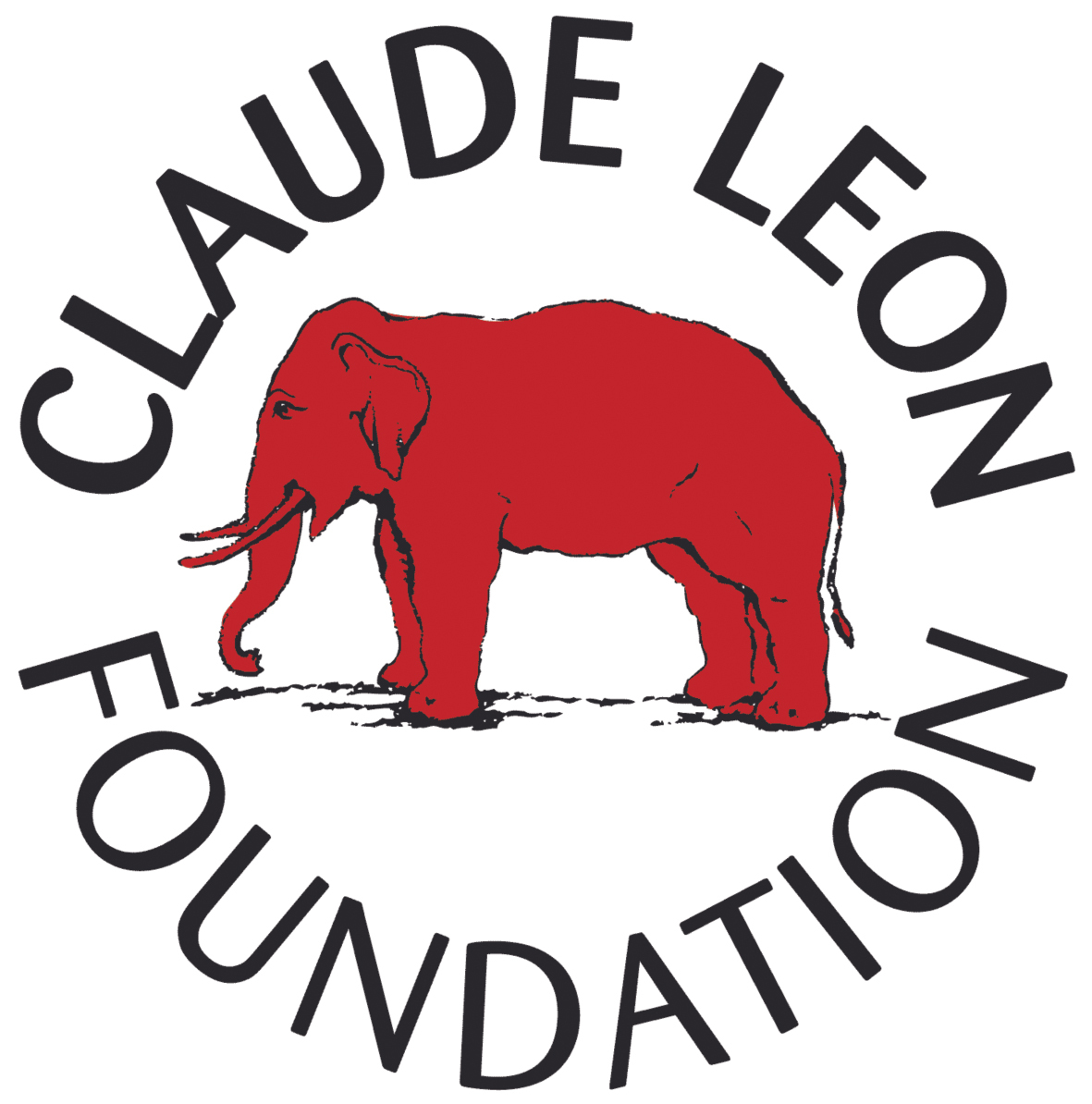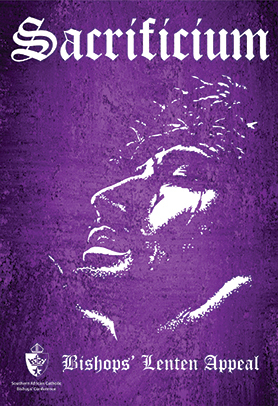The National Catholic Board of Education (NCBE) is committed to making sure that children are protected while at a Catholic school and requires that all Catholic schools in South Africa have a Child Safeguarding Policy in place.
The underlying principles that guide this policy follow the legal requirements of South Africa, the Gospel, the mission of the Catholic Church, and the professional commitment of all staff members at schools. The policy outlines how school communities are obliged to keep their children safe.
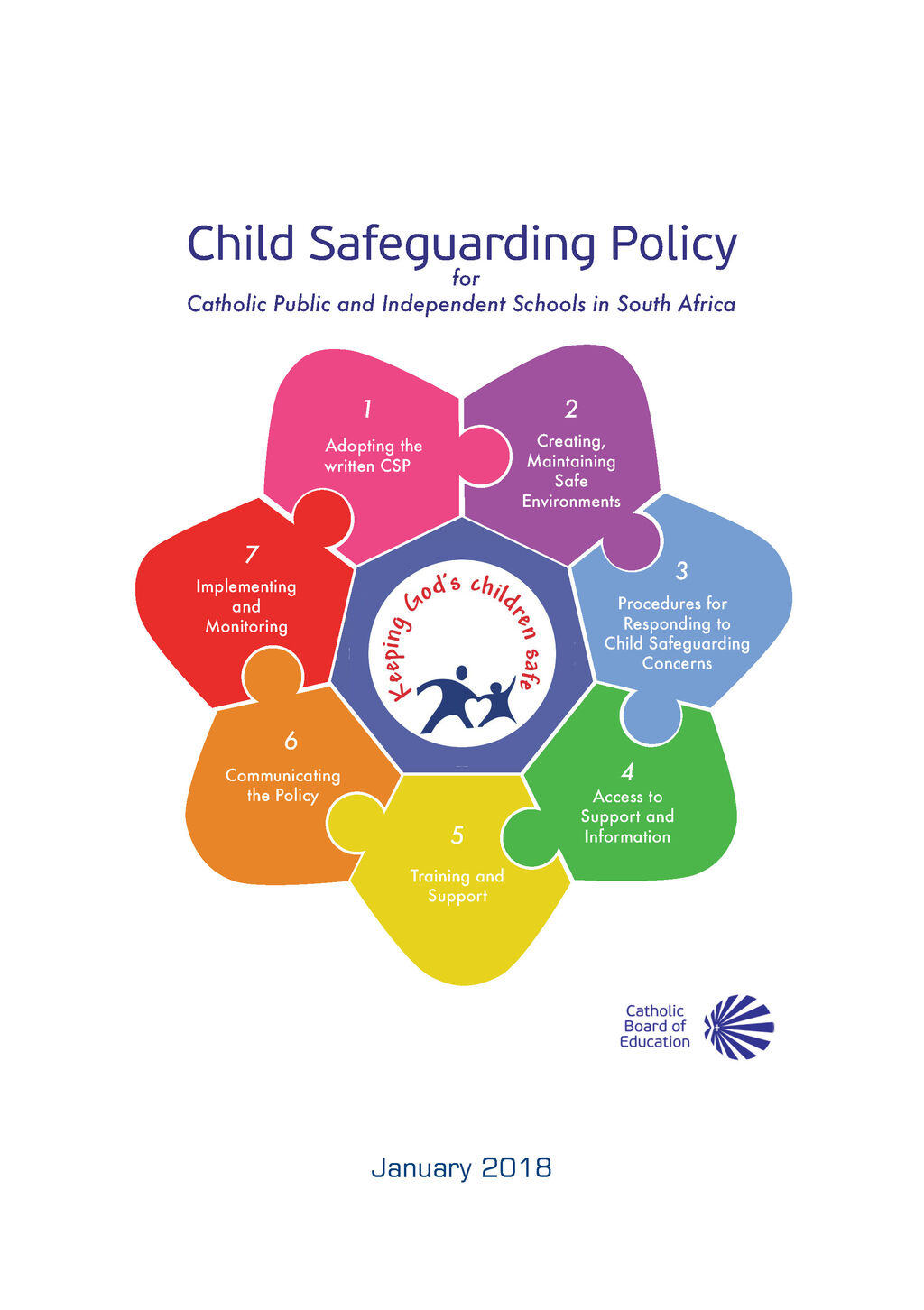
The National Catholic Board of Education's Child Safeguarding (CSG) policy is mandatory for every school in the South African Catholic school network. The Catholic Institute of Education is the primary service-provider to these schools in terms of teacher-development, behavioural-change interventions and policy implementation strategies. Most of the work done by the CIE focuses on ensuring that schools become places of safety and peace, where all cases of abuse of children (or suspicion of abuse) are reported to the correct authorities and where all members of the school community feel safe and cared for.
Since 2012, CIE has been training school staff in the CSG policy and running workshops with them to strengthen the way that schools respond to cases of abuse. The policy has been adapted three times since then, in response to social changes such as an increase in online interactions and changing South African legislation. Schools in the network are trained every year through a face-to-face workshop which emphasises responses to real-life scenarios. Recently, CIE has partnered with the Sentinel group in offering an online training option for teachers in the schools.
In the two decades since the programme began, the CIE has become the leader in the implementation of Safe Schools in South Africa, advising the Department of Basic Education and the National Alliance of Independent School Associations (as well as international organisations) in the development of their responses to all forms of Child Abuse in schools. CIE engages in ongoing advocacy with government and civil society organisations for the implementation of Child Safeguarding policies that are meaningful and rigorous, and constantly consults with experts in the field to ensure that the response we offer are appropriate and effective.
You can watch the explainer video to see what CSG and VPSG are in practice:
One of the key sustainability aspects of the work has been the development of responsive structures within the network, starting with the role of a Designated Child Safeguarding Person (DCSP) in every school, who is responsible for responding to cases of abuse and reporting them correctly according to South African Legislation. The DCSP receives regular coaching and support visits from CIE's Regional Managers, and co-facilitates training and reskilling of school staff on their responsibilities according to the 7 Standards of the Child Safeguarding Policy. You can read our policy brief about the role of the DCSP here.All CIE staff and associated Local Office staff attend training twice a year in the CSG policy, as a way of keeping them up-to-date with latest strategies for preventing and responding to al forms of abuse.
All CSG cases are closely monitored through the use of Incident Books in the schools, and are followed up by all levels within the system: at school, in regions and at national levels. The CIE has its own Designated Child Safeguarding Person, to whom all schools report cases of abuse, and who then reports into the CSG Sub-Committee of the National Catholic Board of Education. CSG is a standing topic on the agenda of all regional Catholic Boards of Education, at which the Owners of Catholic schools are represented. The Southern African Catholic Bishops' Conference (SACBC) is also included in the reporting and response discussions, as they are the overarching body that gives the NCBE its mandate.
